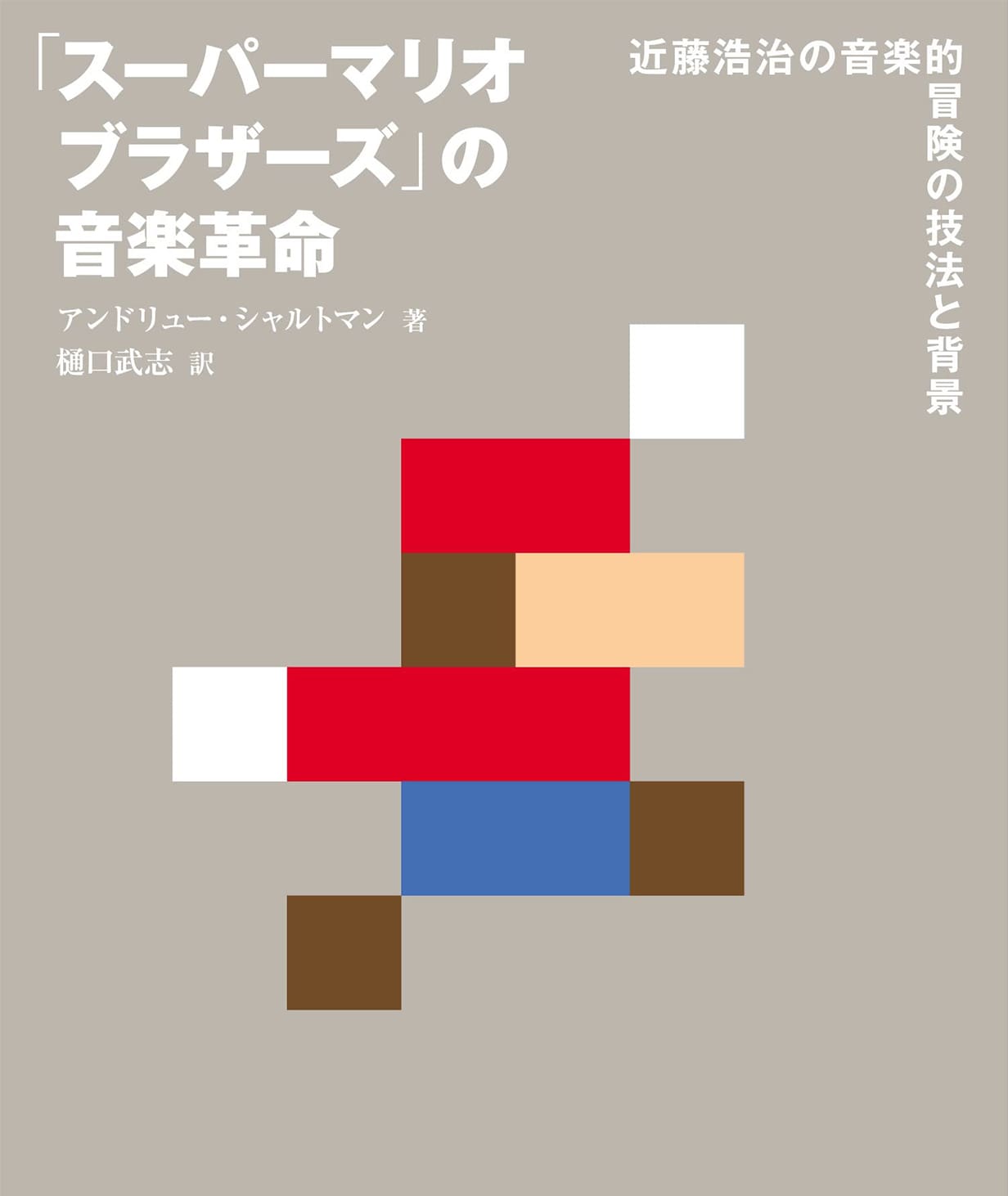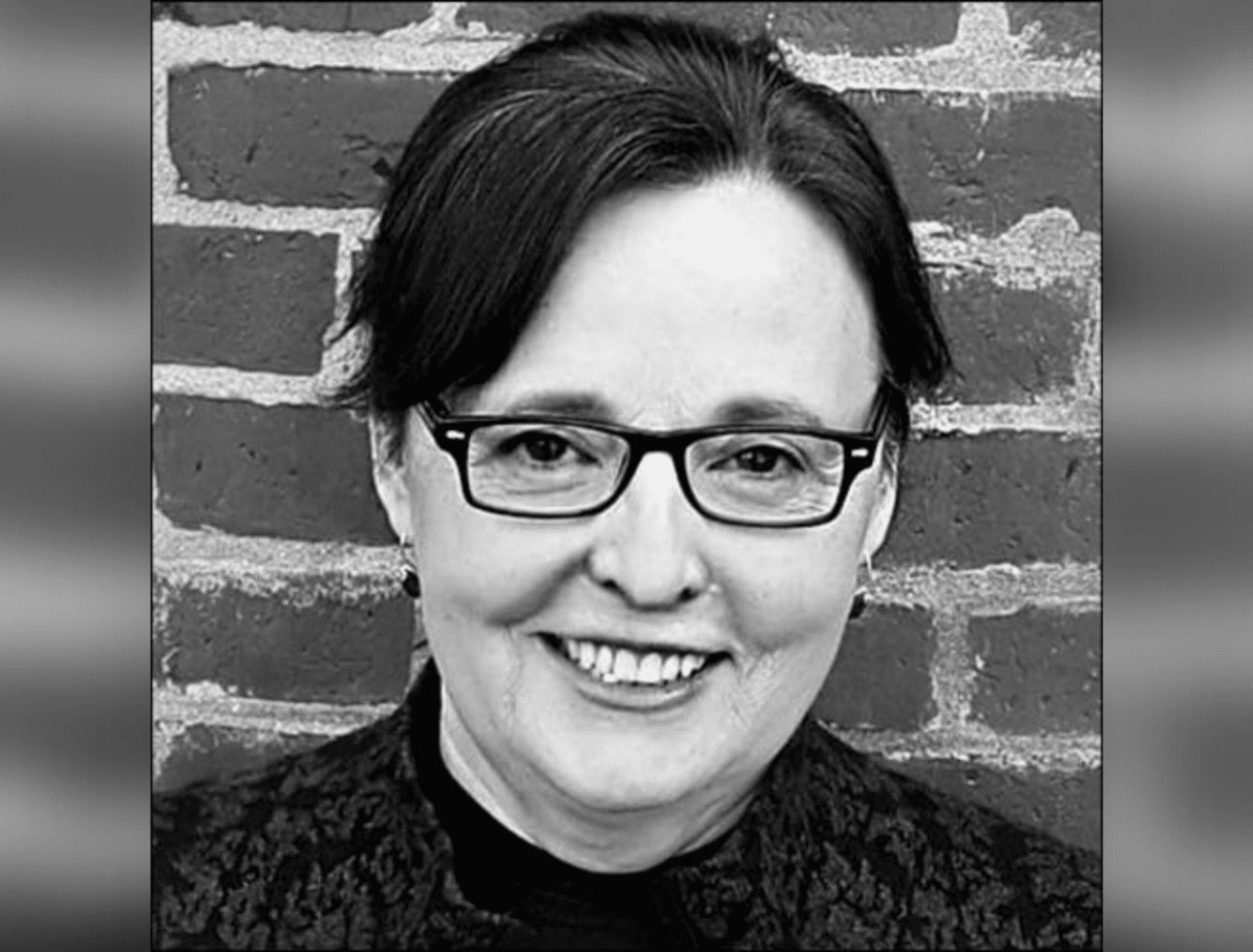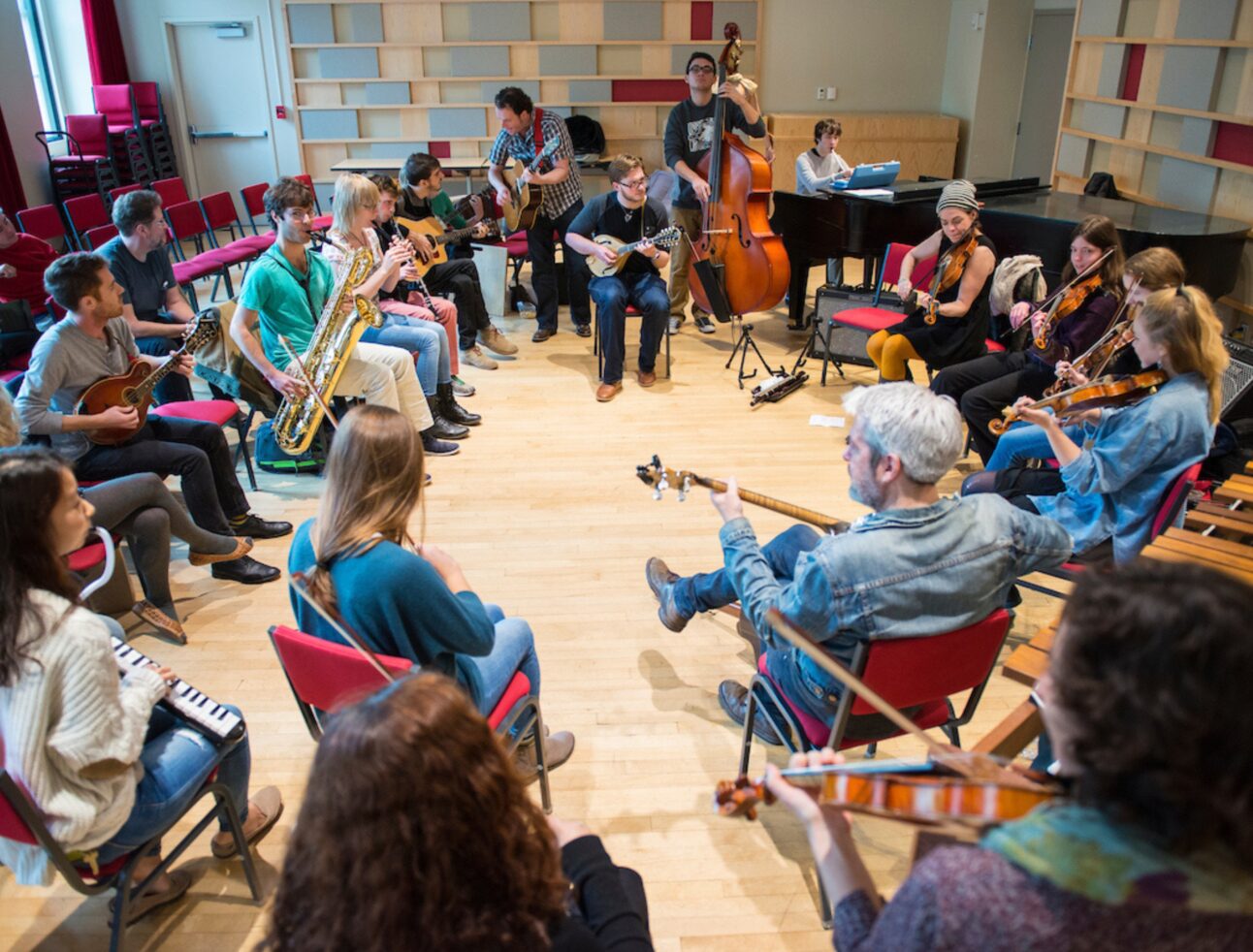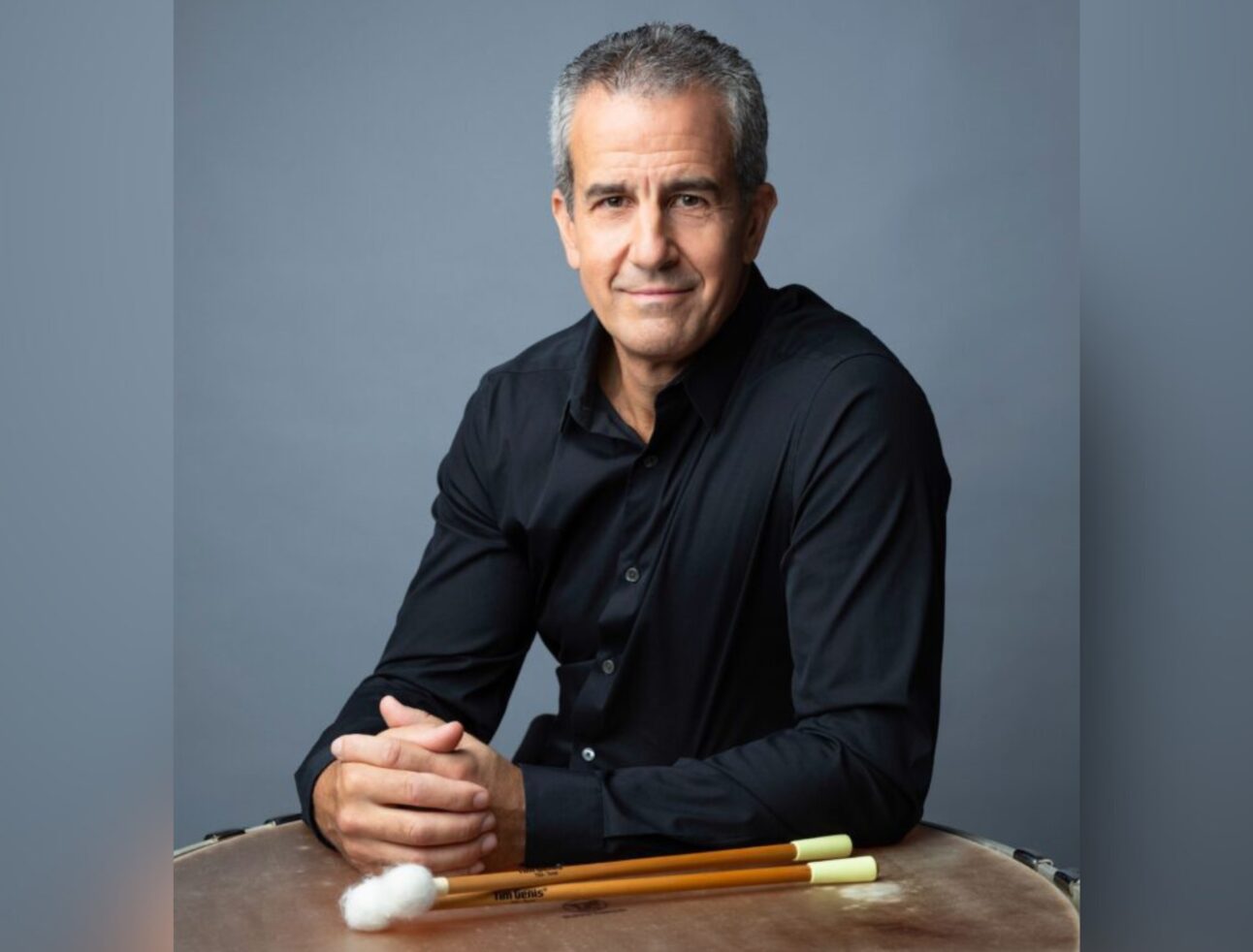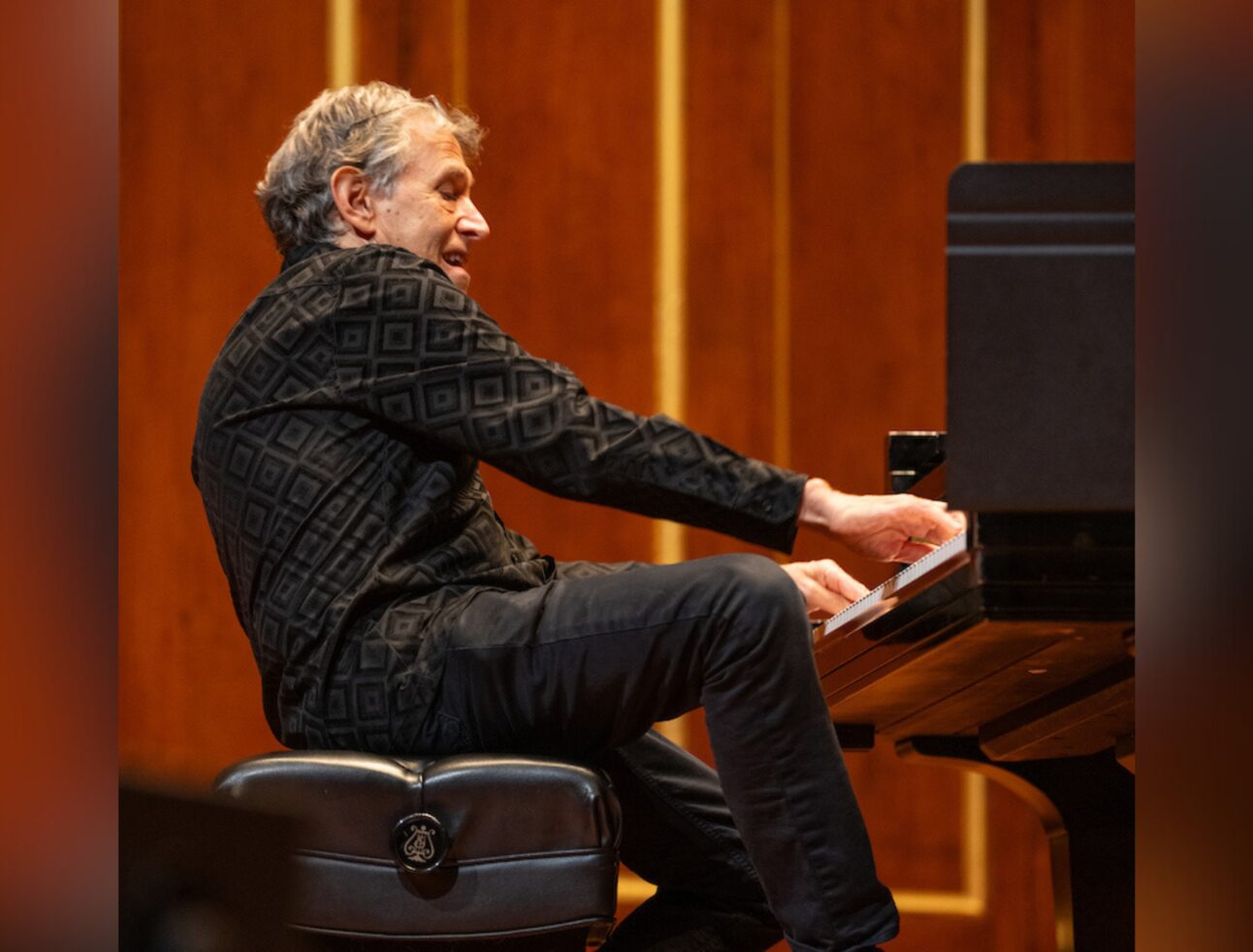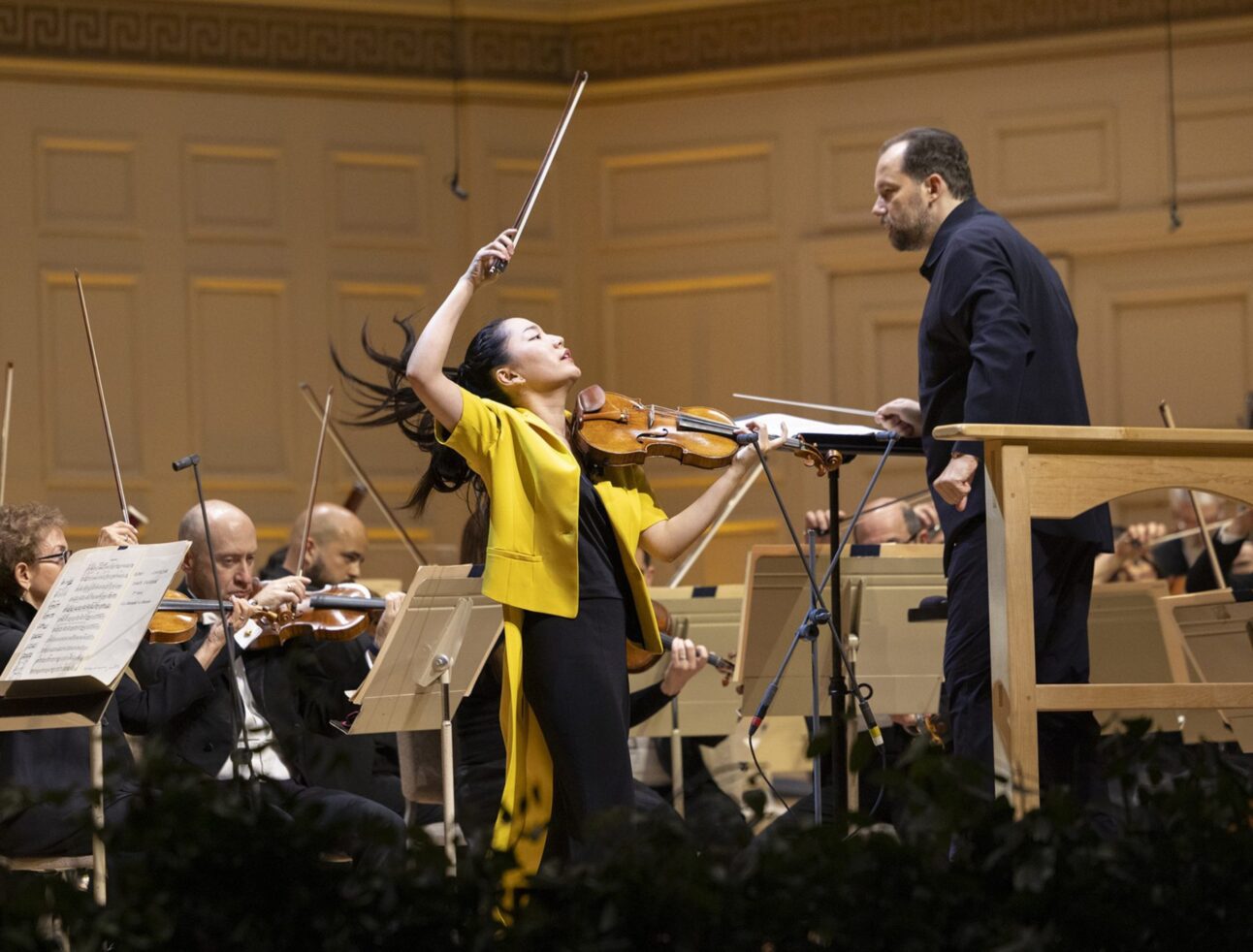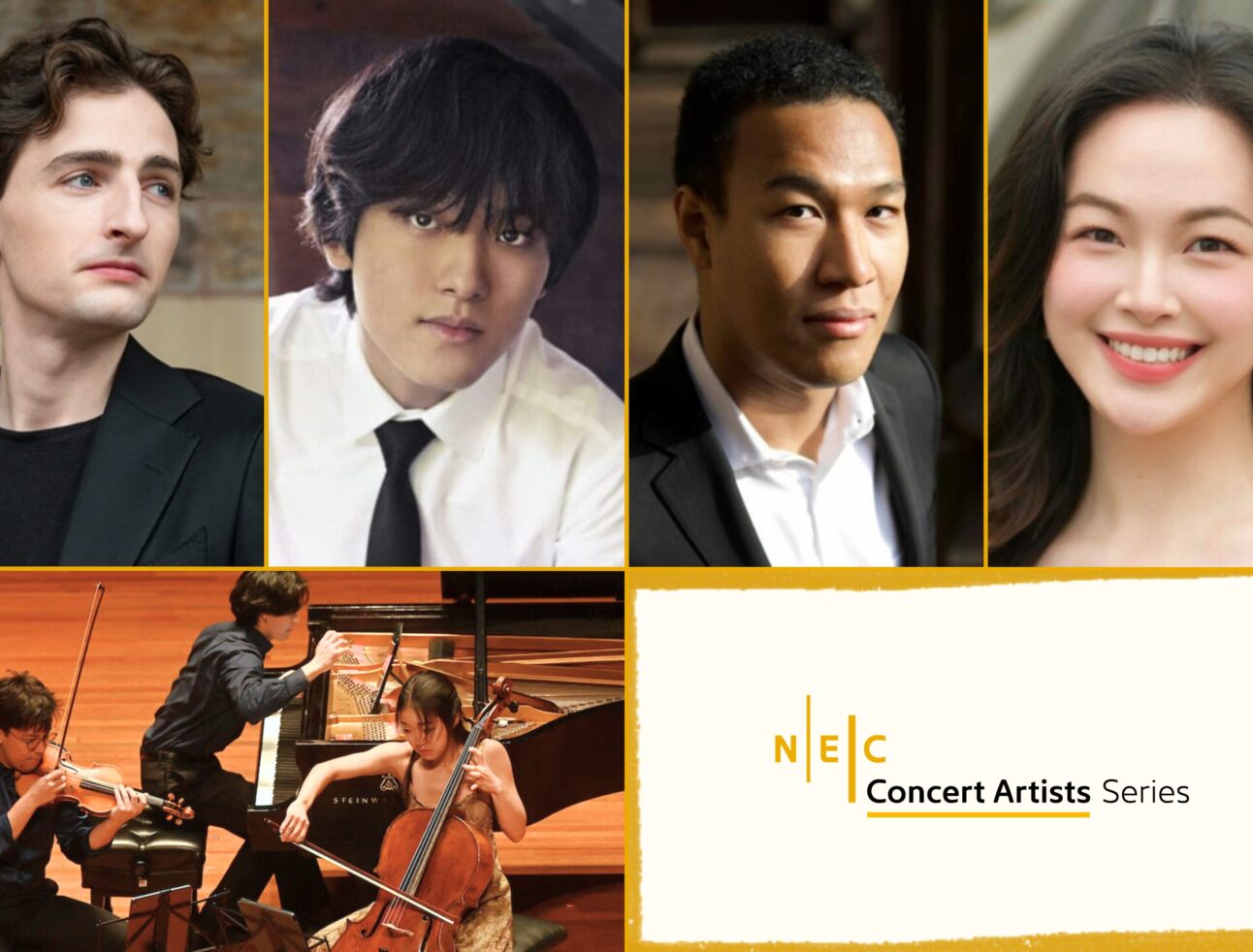NEC faculty member, composer, and music theorist Andrew Schartmann’s book Koji Kondo’s Super Mario Bros. Soundtrack was recently released in Japanese. Initially published in 2015, the book earned praise from The New Yorker for its “overwhelming precision.”
Schartmann’s focuses on video game music, Viennese classicism, and music theory pedagogy. In addition to teaching at NEC, he serves as Audio Director of Yale’s XR Peds lab, where he crafts music and sound environments for the virtual-realty games, including the award-winning SmokeSCREEN VR (Gold Medal Winner at the 2020 International Serious Play Awards, Forbes Top-50 VR Games of 2019).
Schartmann joined Wall Street Journal columnist Ben Cohen on The Science of Everything podcast to discuss Koji Kondo’s iconic Super Mario Bros. theme and how a genre-changing, lasting piece of music is made.
Listen to Schartmann on The Science of Everything
In honor of the Japanese release of his book and his appearance on The Science of Everything, we asked Schartmann to share ten facts about video games and video game music.
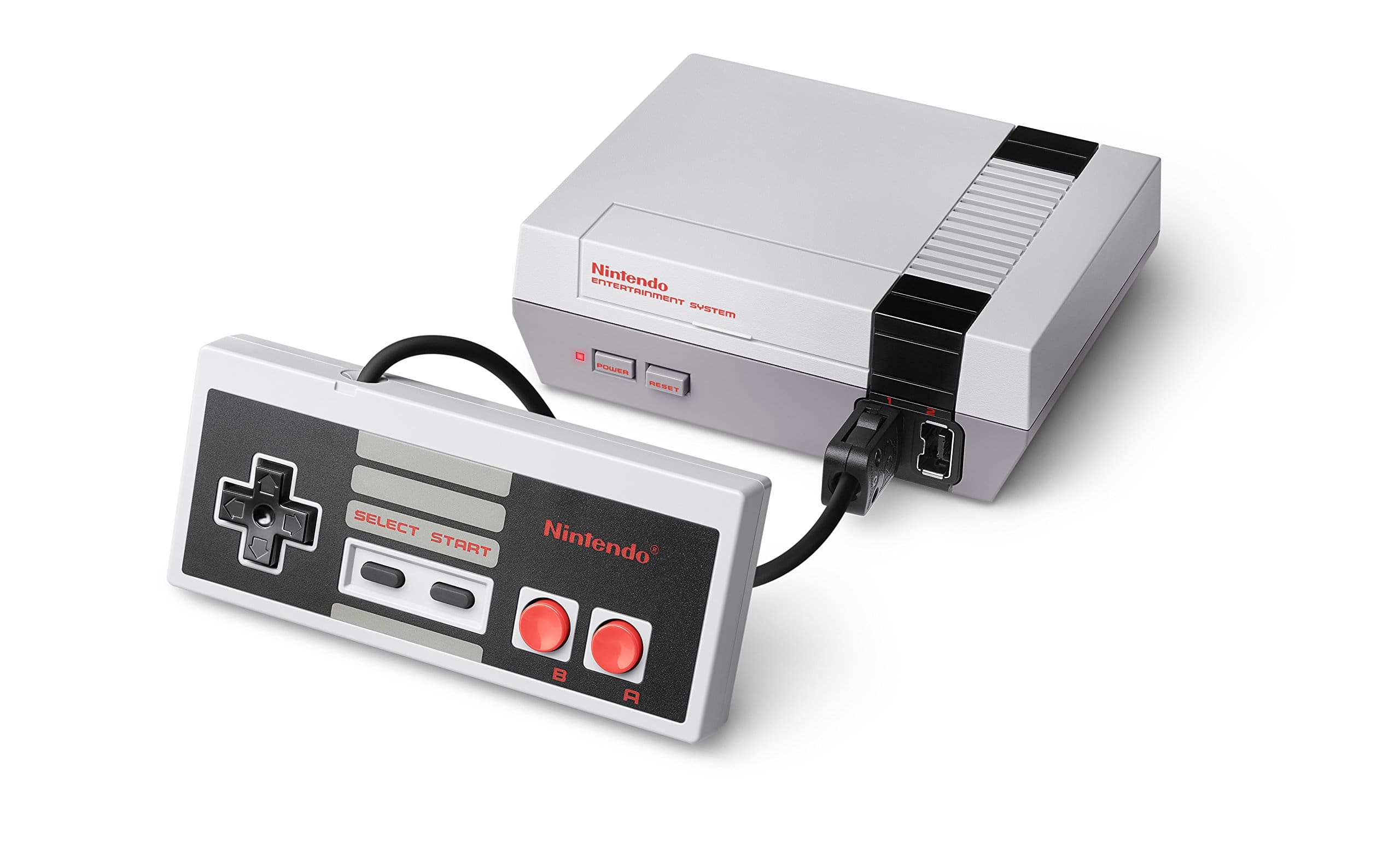
- In the early 1980s, video games were seen as a fad that would disappear within a few years. Nintendo’s NES revived a waning video game industry in North America with games of unprecedented quality, like Super Mario Bros.
- Most early video game music was written in assembly language — a low-level computer code.
- Early video game composers had to contend with severely limited memory constraints.
- NES soundtracks occupy less than one second of CD-quality audio.
- The entire Super Mario Bros. soundtrack is under three minutes long, including internal repetitions, of which there are many.
- Because of memory constraints, Koji Kondo reused sound effects for different purposes. That’s also true of the graphics (clouds and bushes use the same sprite in different colors, for example).
- Kondo viewed technology as a double-edged sword that could both encourage and stifle creativity.
- Super Mario Bros. was the first game to integrate music fundamentally into a game’s design.
- Kondo’s famous 88-second Overworld theme contains just 24 seconds of original music; the rest is looped in various ways to create a longer theme while saving memory.
- In underwater levels, Cheep-Cheeps and coins dance to the beat of the music.
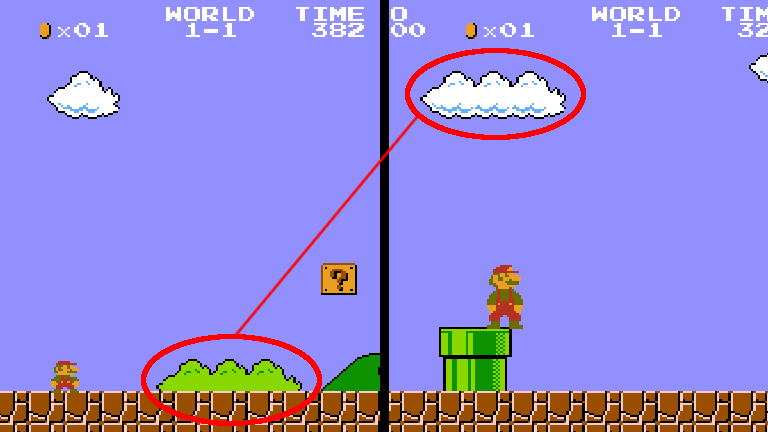
Andrew’s book is available for purchase in English here. He just submitted a manuscript for a monograph on NES music writ large called “Illusive Variety in Music of the Nintendo Entertainment System” (Intellect; Chicago University Press, 2024). Stay tuned for its release next year!
Here’s Andrew back in 2015 teaching viewers to play the iconic Super Mario Bros. theme on the piano:
